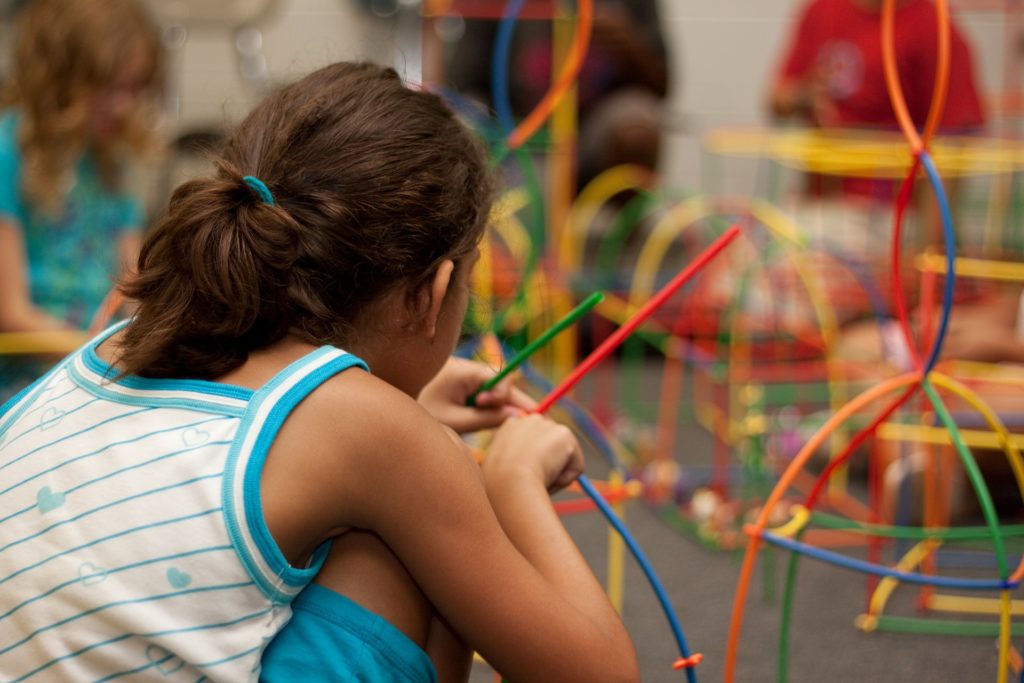Why STEAM Thinking?
By Gwen Soderberg-Chase
During these challenging days of sheltering in place, families and kids are finding themselves wondering how to best use their time. The Umpqua Valley STEAM Hub, a partner organization housed at Umpqua Community College, is committed to providing support for our community — especially children and families — to be engaged in quality STEAM learning experiences.
In general, quality STEAM activities promote what we call STEAM Thinking. People are engaged in real world problem-solving, critical thinking, collaboration, inquiry, and creative innovation driven by questions such as….
- What would happen if…?
- How do you think it works?
- What would you do differently?
- I wonder why…
- Imagine if…
- What did you notice?
- What do you think will happen?
- What have you learned?
- How is this like…?
- What problem are you trying to solve?
- How might you test your thinking?
- What patterns did you notice?
- What details are most important?
- What new ideas do you now have?

Sometimes we think about STEAM learning in terms of the disciplines the letters represent. But if we assume learning within any of the disciplines is STEAM learning, we may be short-changing our understanding of what STEAM education is really intended to be about.
The Umpqua Valley STEAM Hub is working to create a continuously growing set of resources and ideas that will help us develop students as thinkers, doers and designers.
Children are naturally curious and constantly ask questions. They keenly observe the world around them and are learning to connect ideas. They draw, take things apart, build and astutely observe others’ behaviors. They like to experiment and try new things.
In a nutshell, children are great natural learners. Children begin life “STEAM-ready.”
In summary:
At its heart, STEAM is about solving real-world problems. The world is going to need more and more workers with the skills to identify problems, visualize and create innovative solutions, and constantly improve on those solutions.
Encourage your children. Challenge them. Involve them in thinking like engineers. Your children can be among those who change the world for the better.
Gwen Soderberg-Chase is the executive director of Douglas County Partners for Student Success, www.dcpss.org, and the Umpqua Valley STEAM Hub. She has been an educator in Douglas County for more than 40 years and is currently an Associate Professor of Education at Umpqua Community College. She also serves on the board of directors for the Boys & Girls Clubs of the Umpqua Valley and SMART.
Leave a Reply
You must be logged in to post a comment.